Journey into Cybersecurity: Safeguarding Your Digital Assets
This is Introduction Article on Cybersecurity
"Cybersecurity is much more than just a technical issue, it's a matter of protecting our way of life."- Michael Chertoff
Introduction:
In the current world, data security is of utmost importance as numerous attackers seek to steal and misuse personal data. In this article, we will discuss cybersecurity, which involves protecting our digital assets from cyber threats. We'll explore the term "cyber," its connection with information technology, and the importance of security in safeguarding valuable assets from digital attacks.
What is Cyber?
The term "cyber" is associated with Information technology (IT) and computers. It encompasses all aspects of computing, such as data storage, protection, access, processing, transmission, and linking.
What is Security?
Security involves safeguarding valuable assets from digital attacks. It is essential to keep your data safe from cyber threats that can lead to profile destruction, data misuse, and unauthorized control of data.
The Four Most Common Terms Featuring "Cyber":
1. Cyber Attack: A cyber attack can lead to profile destruction, data misuse, and unauthorized control of data. Cyber attacks are at the heart of cybercrimes, which involve crimes carried out using Information Technology or targeting it.
2. Cybercrime: Any crime carried out using Information Technology or targeting Information Technology falls under cybercrime.
3. Cyberspace: A virtual environment where electronic messages exist during transmission between computers.
4. Cybersecurity: The fusion of "Cyber" and "Security," cybersecurity is of greater significance, ensuring data protection, prevention of cyber attacks and crimes, and safeguarding computer networks from unauthorized access.
Types of Cybersecurity which you have to know.
1. Application Security: Application security refers to protecting the software applications you use on your devices, such as smartphones, computers, or tablets. These applications could be anything from social media apps, online banking apps, or productivity tools. The goal of application security is to ensure that these apps are safe from potential cyber threats and that they don't become a way for attackers to get into your device or steal your information.
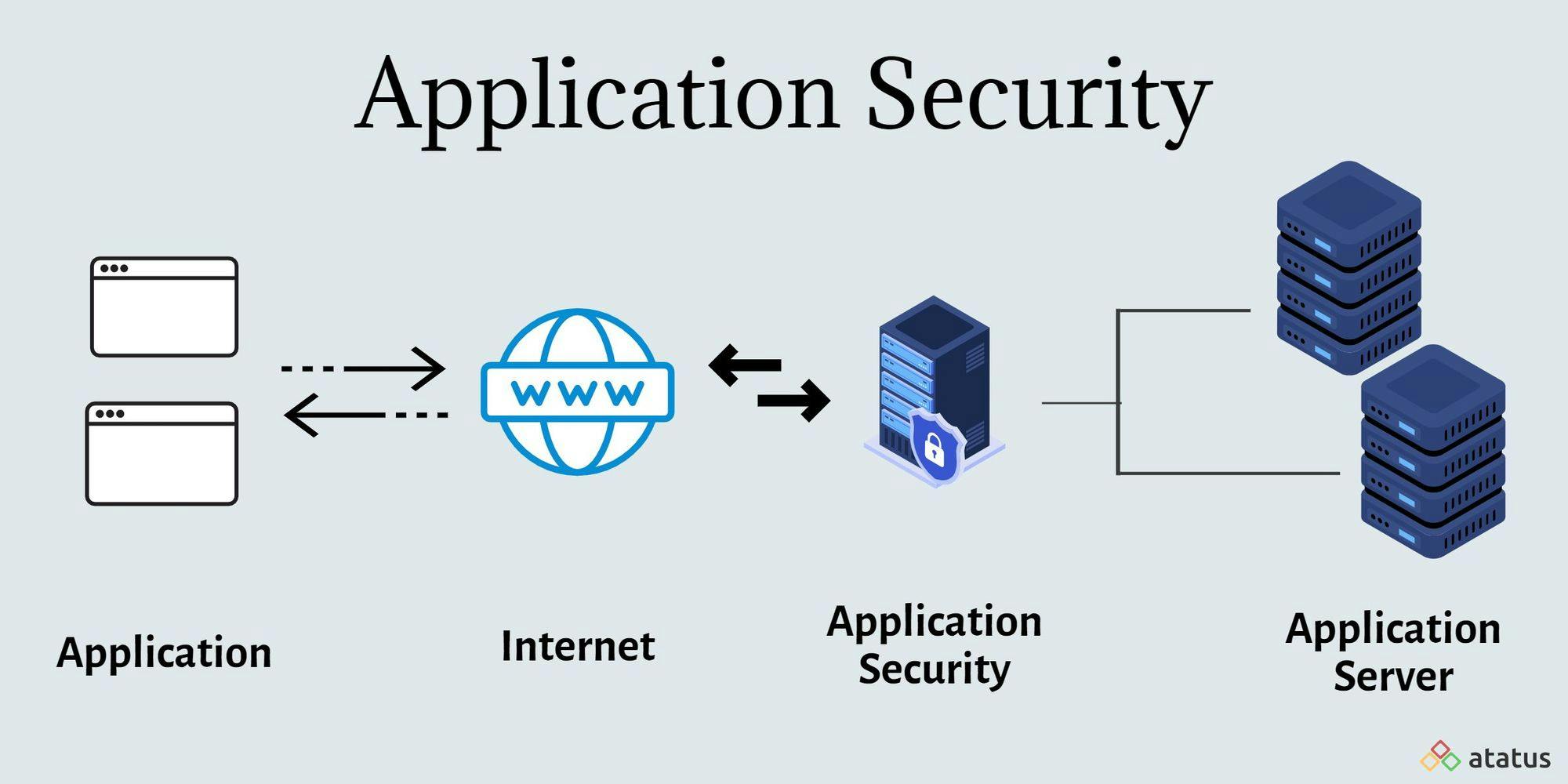
2. Network Security: Network security is all about keeping the connections between devices, like your computer or phone, safe and secure. When you use the internet or connect to other devices, your information travels through networks. Network security prevents unauthorized access to these networks and ensures that your data is protected while it's being transmitted.
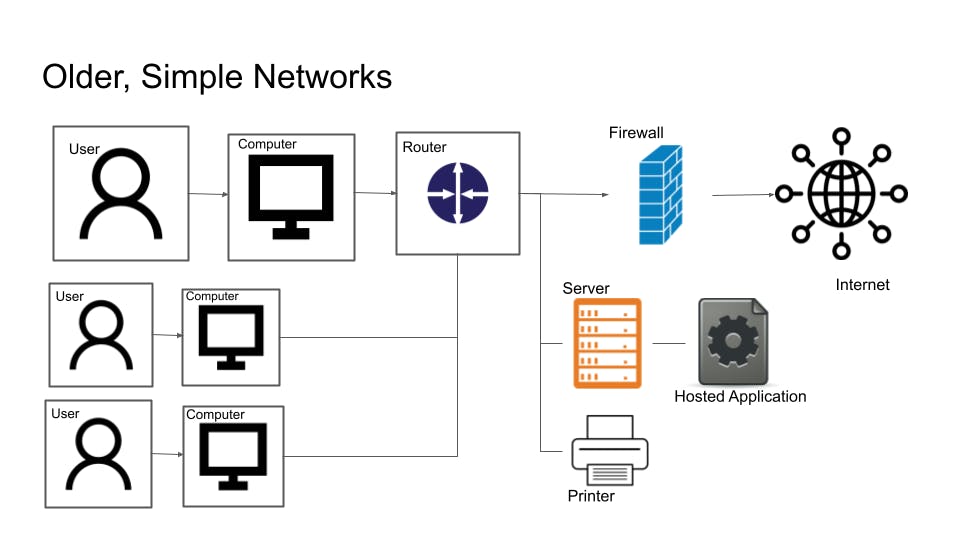
3. Cloud Security: The "cloud" is a term used to describe remote servers (computers) where data is stored and accessed over the internet. Cloud security involves protecting your data and applications stored in these remote servers. Companies and individuals use cloud services to store files, run applications, and access information from anywhere. Cloud security measures are in place to keep your data safe from unauthorized access, data breaches, or other cyber threats.
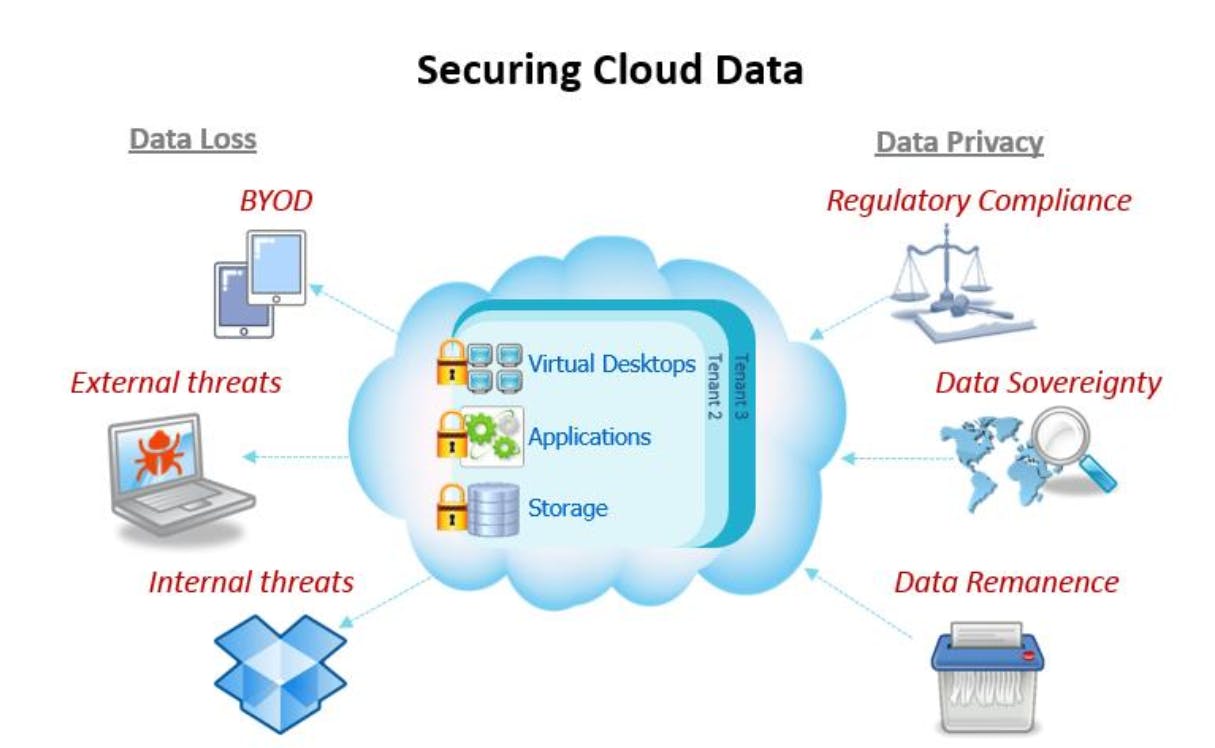
4. Internet of Things (IoT) Security: The Internet of Things refers to everyday objects (like smart devices, thermostats, or even refrigerators) that are connected to the Internet and can communicate with each other. IoT security focuses on protecting these connected devices from cyber attacks. Since IoT devices often collect and exchange data, it's essential to secure them to prevent hackers from gaining control over your devices, stealing your information, or using them to infiltrate your home network.
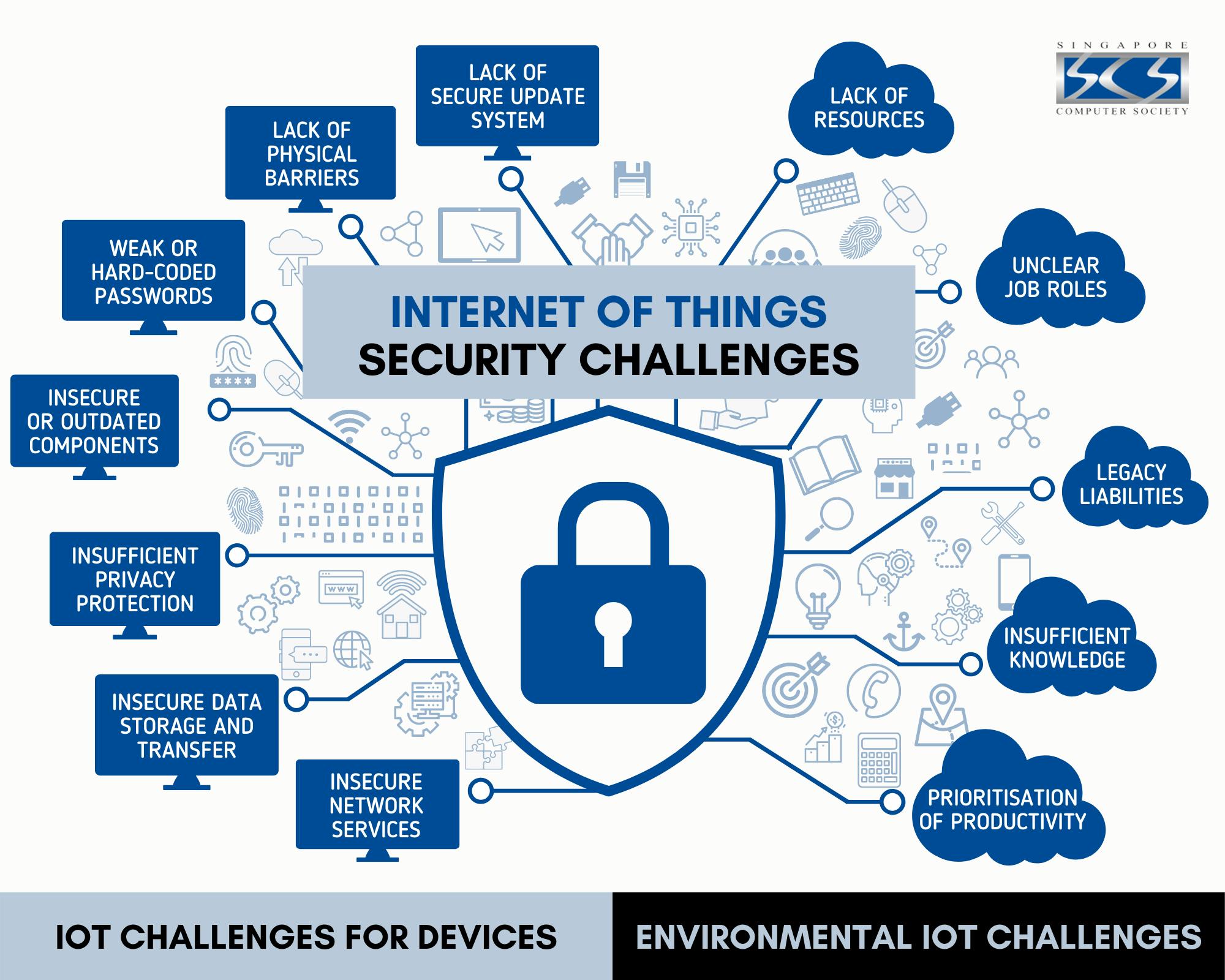
5. Mobile Security: Mobile security deals with protecting your smartphones, tablets, and other mobile devices from cyber threats. With the increasing use of mobile devices, it's crucial to keep them secure. Mobile security includes measures like setting up strong passwords or biometric authentication, using secure mobile apps, and being cautious about the information you share while using your mobile devices. It also involves safeguarding your device if it gets lost or stolen to prevent unauthorized access to your data.
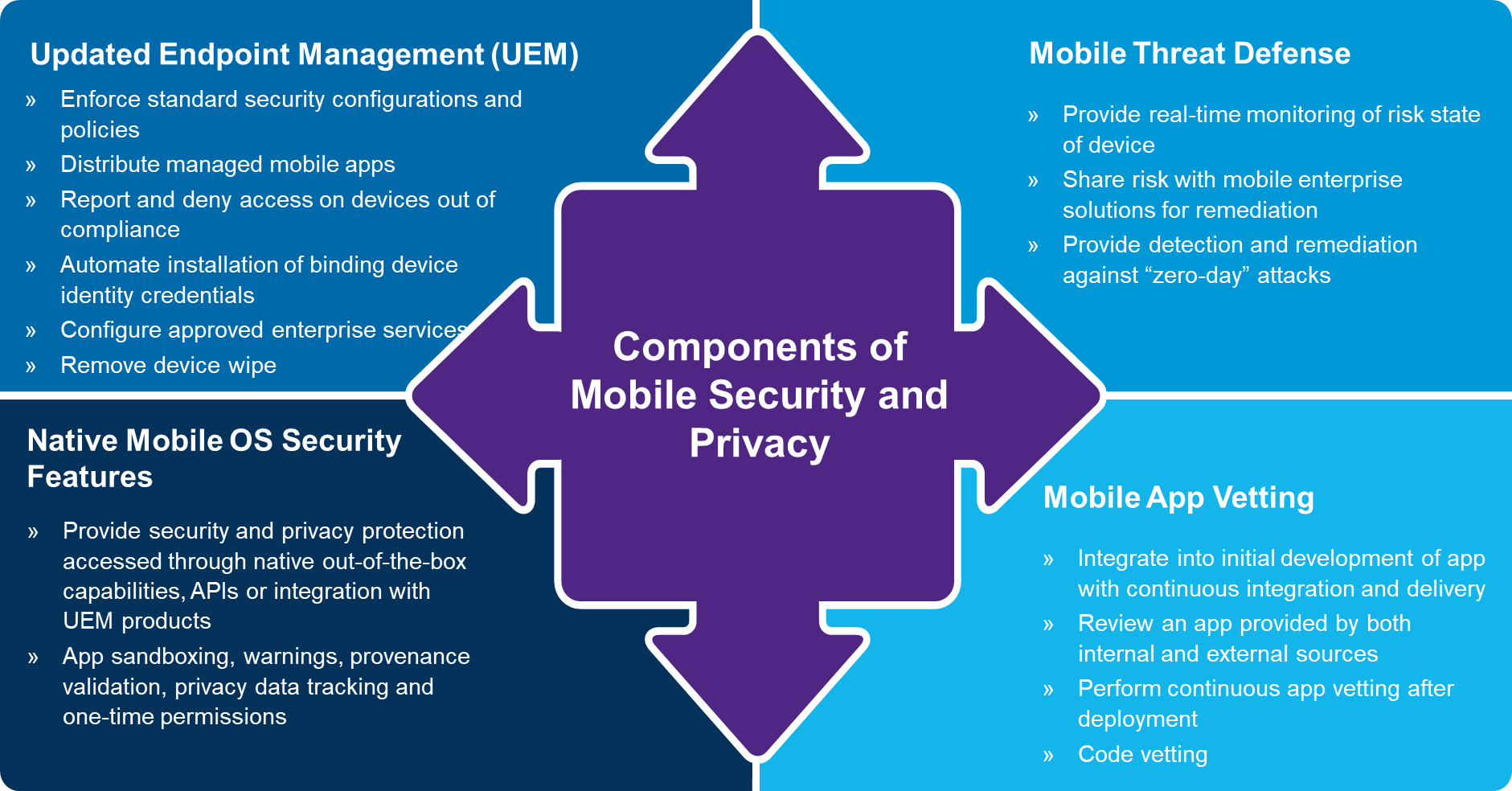
Why is Cybersecurity Important?

Cybersecurity plays a crucial role in protecting our digital assets, encompassing sensitive personal and financial data, intellectual property, and critical infrastructure. Cyberattacks can have severe consequences, including financial losses, reputational damage, and potential physical harm.
"In the world of cybersecurity, the best defend is not to offend"- Michael A. Wood Jr
Conclusion:
In the digital age, cybersecurity is indispensable to maintaining the safety and integrity of our data and systems. Understanding the various types of cyber threats and implementing robust cybersecurity measures is vital for individuals, organizations, and society at large. Stay tuned for our next article, where we will discuss effective strategies to secure your data from cyberattacks and keep it safe.
This is an Introduction to cybersecurity, we will understand the Cybersecurity essentials in deep in further articles.
Thanks for reading this article. I hope this will help you in understanding the concepts of cybersecurity.